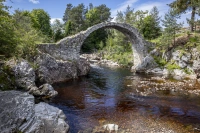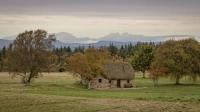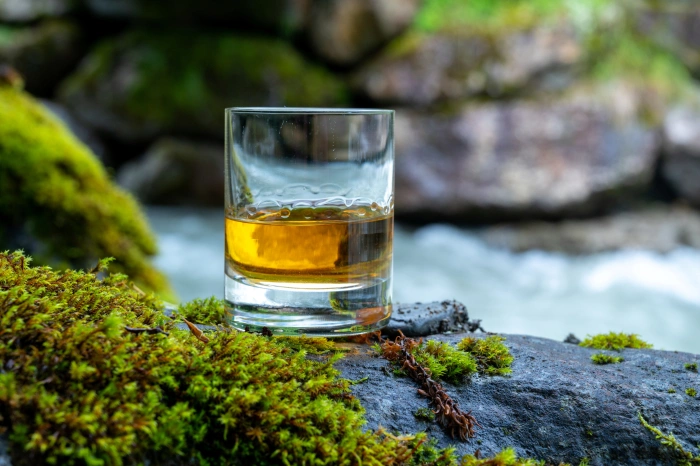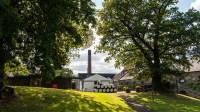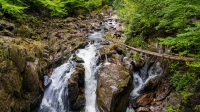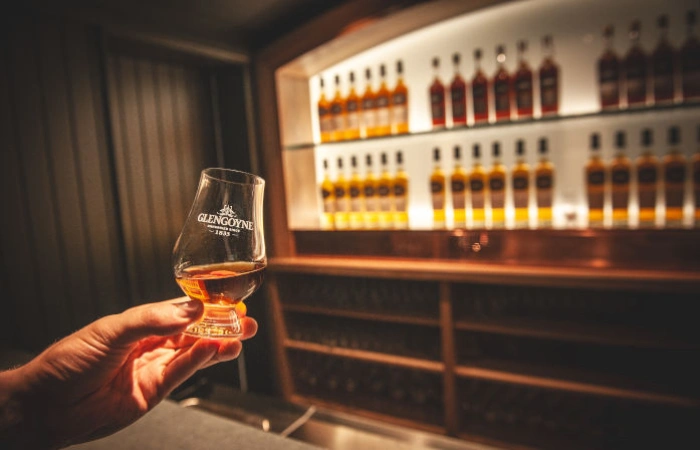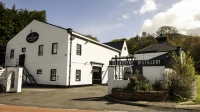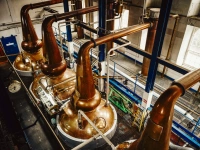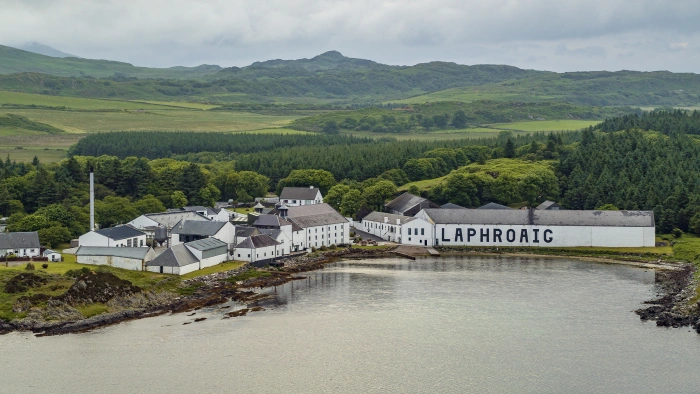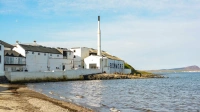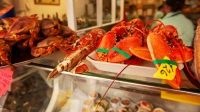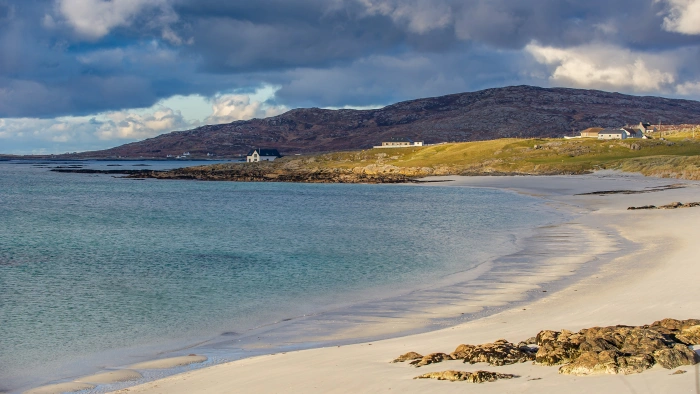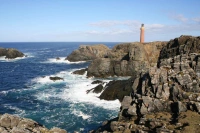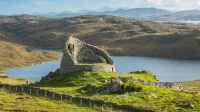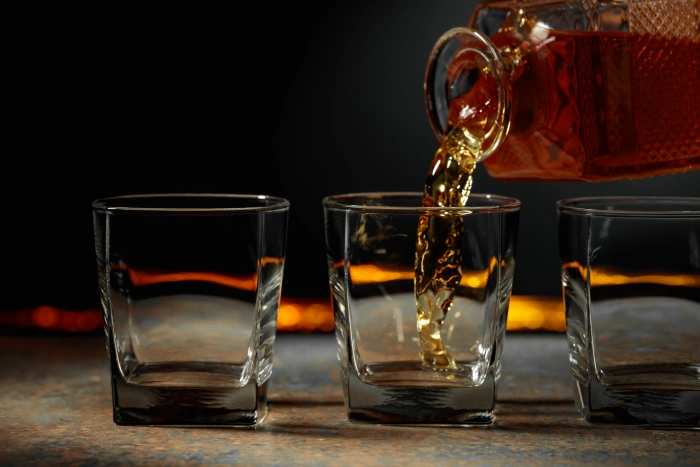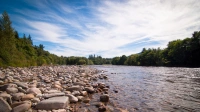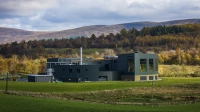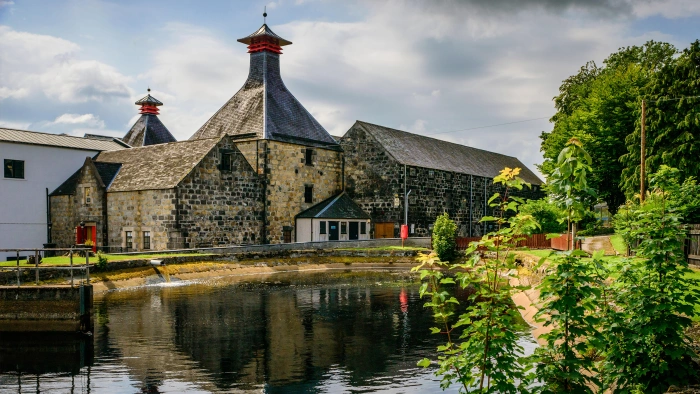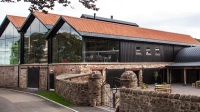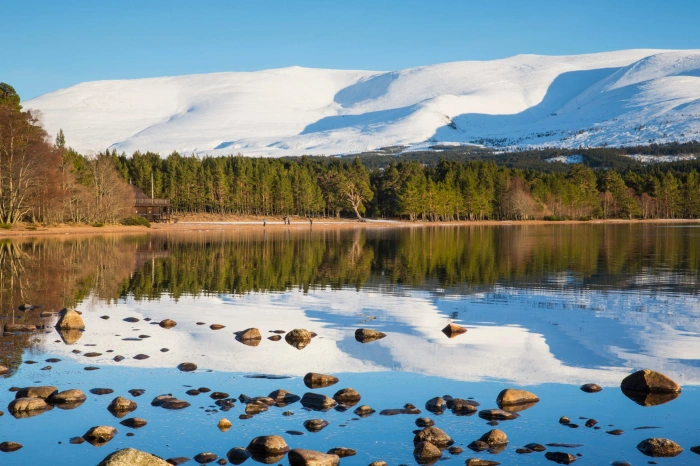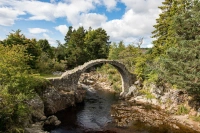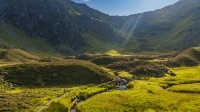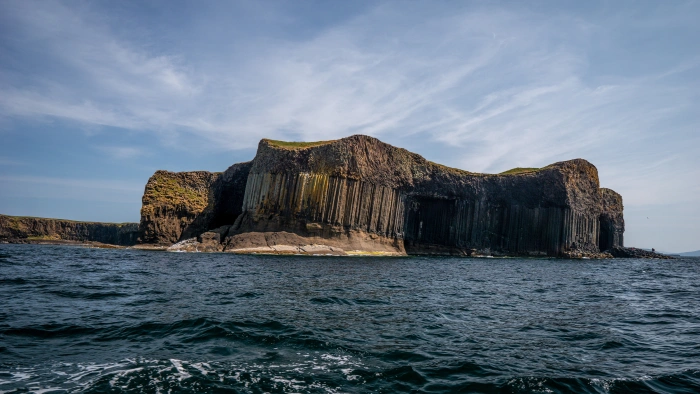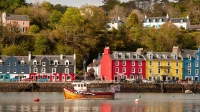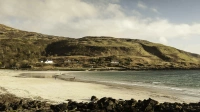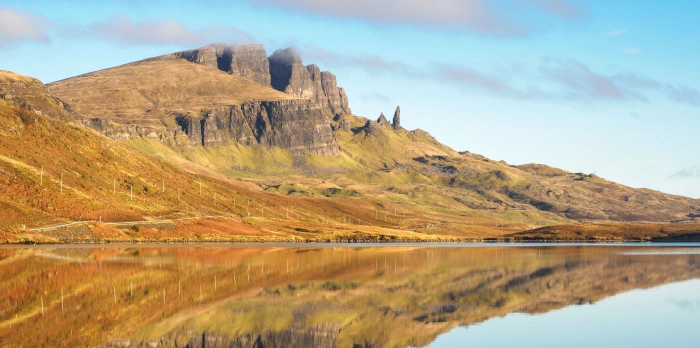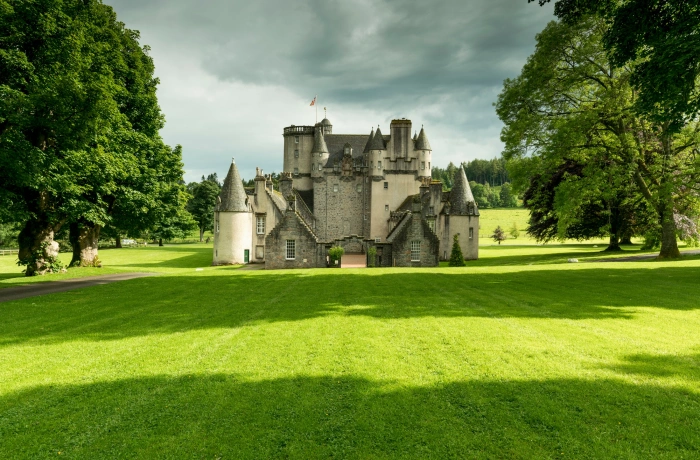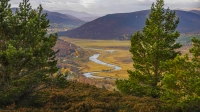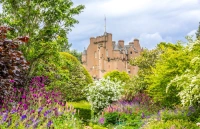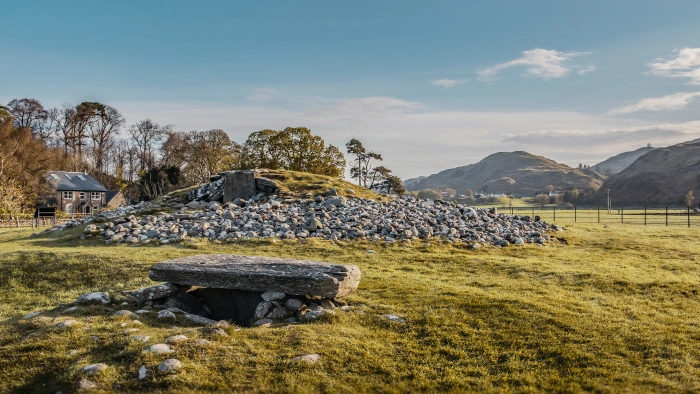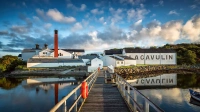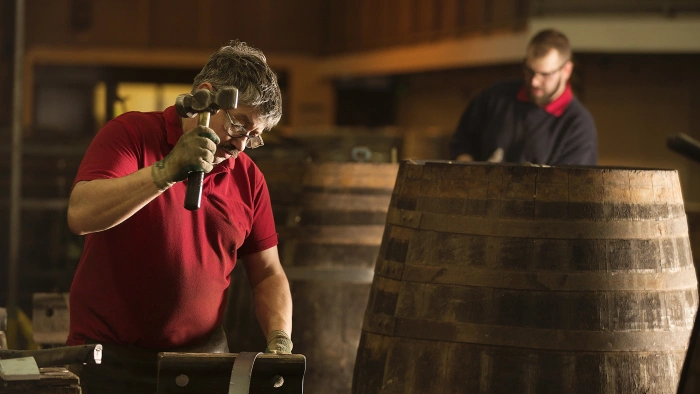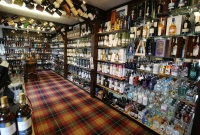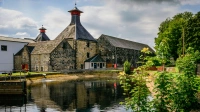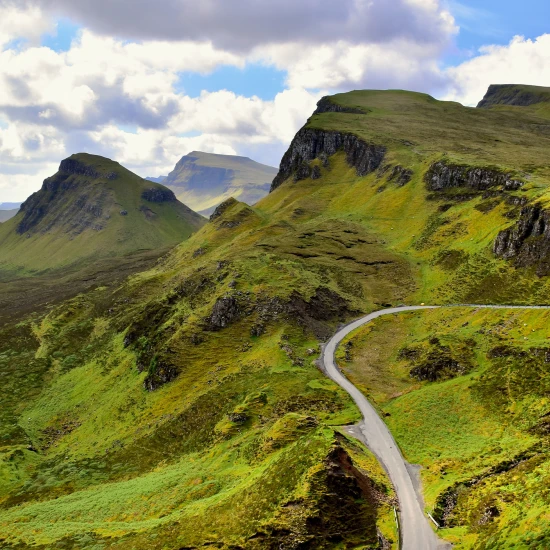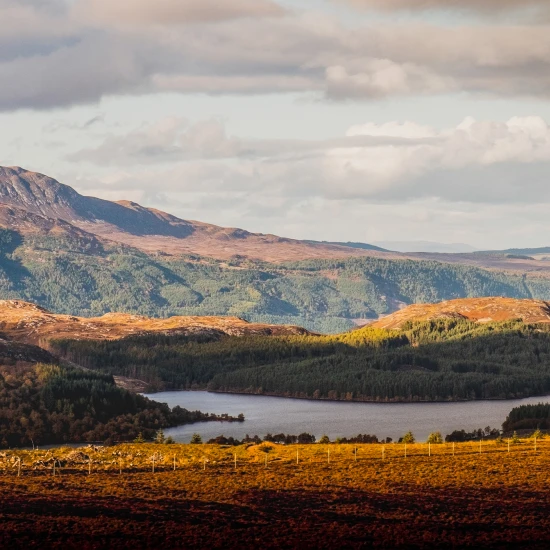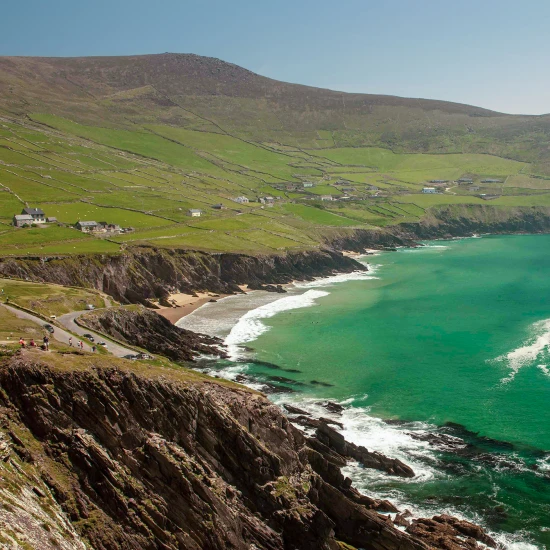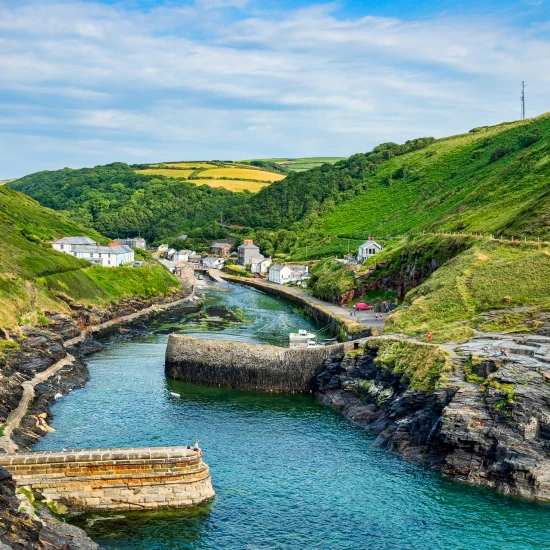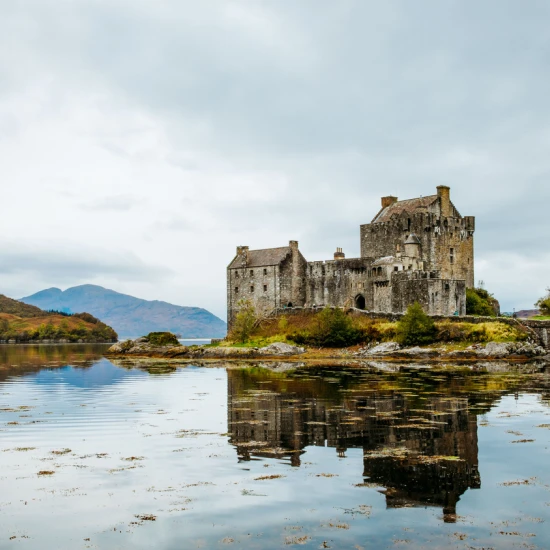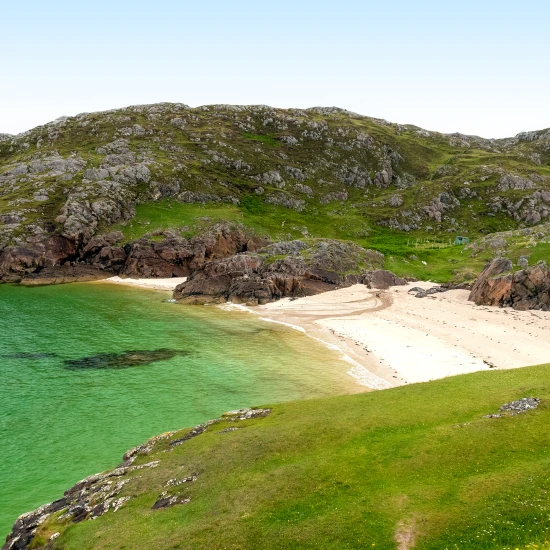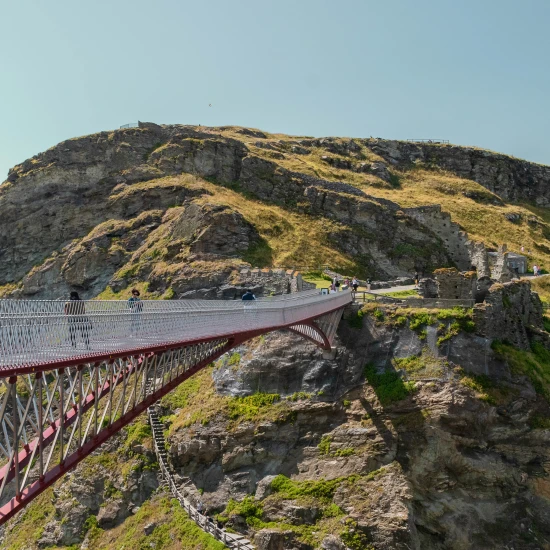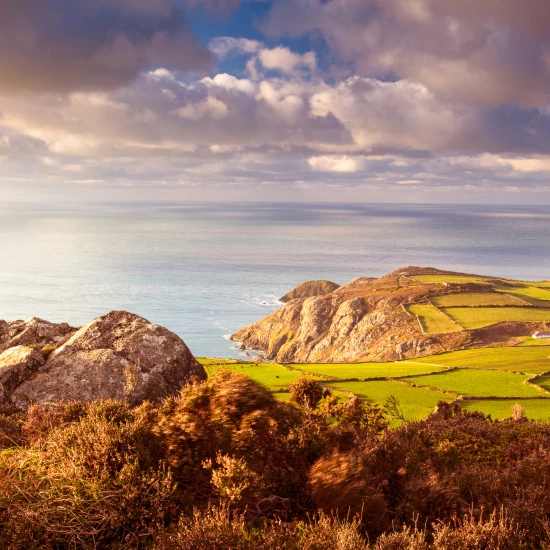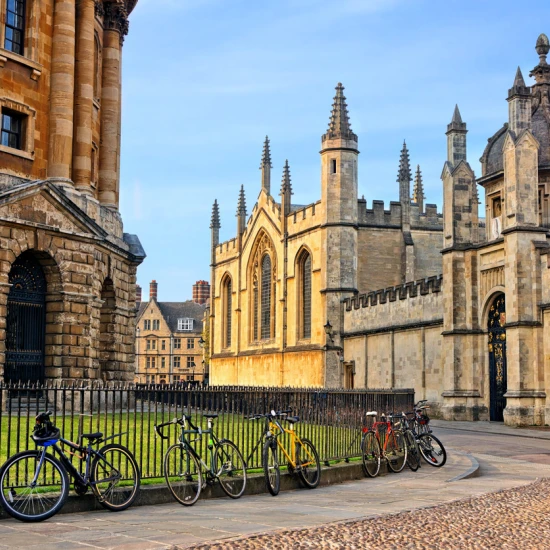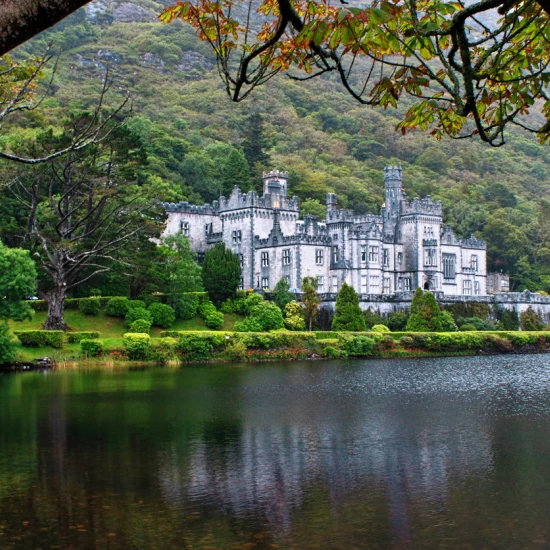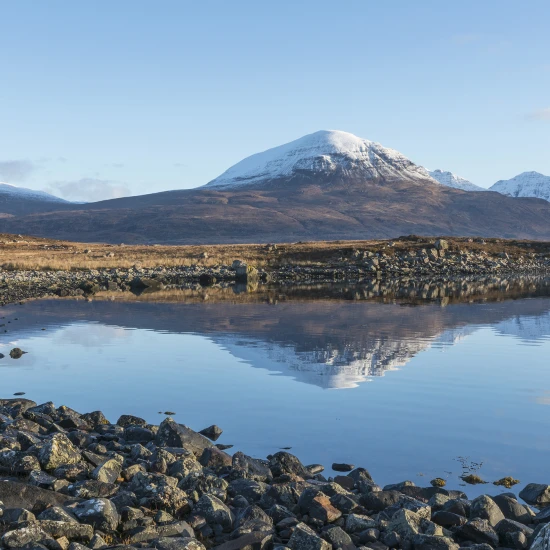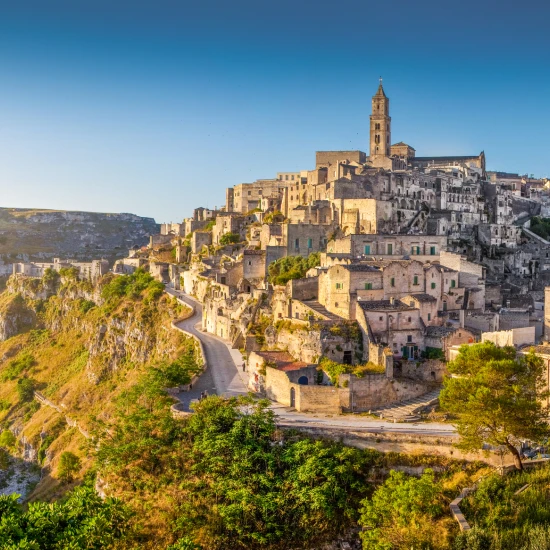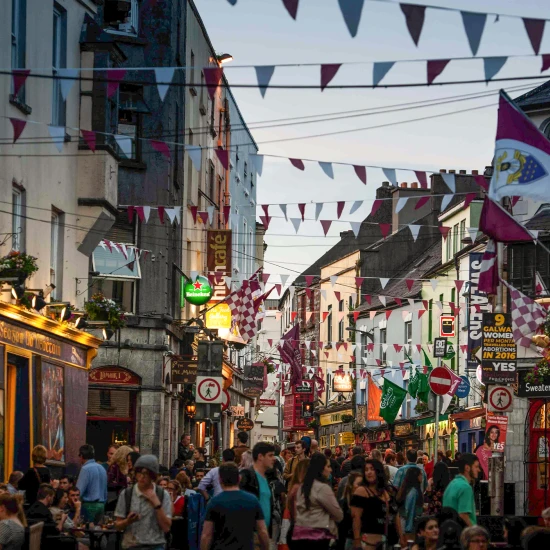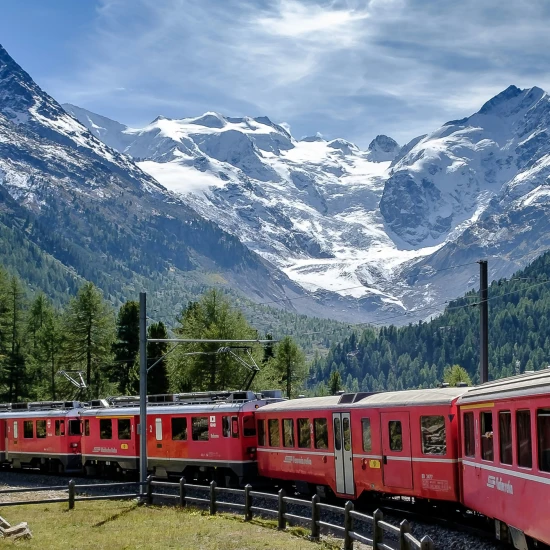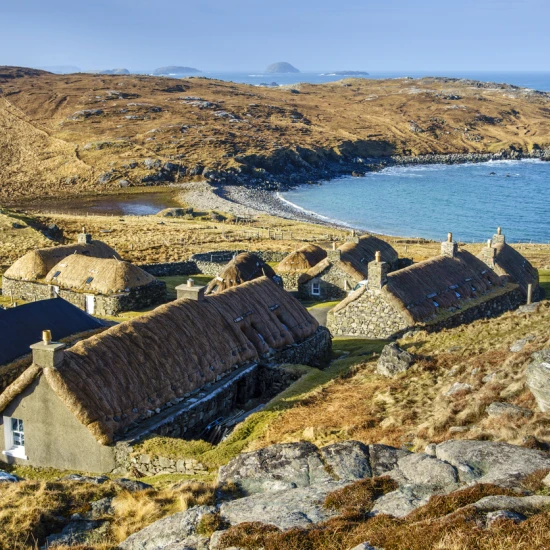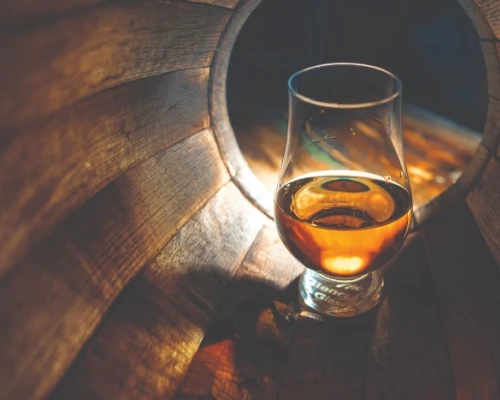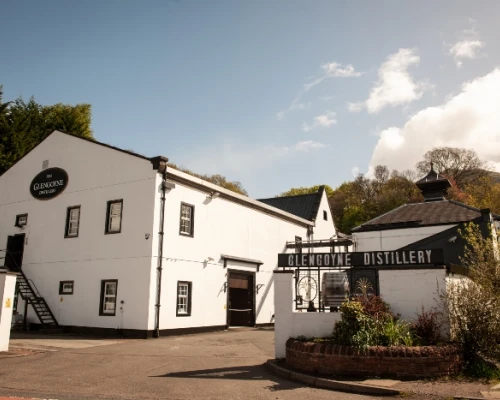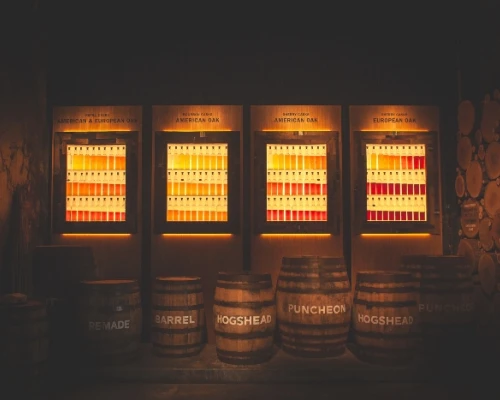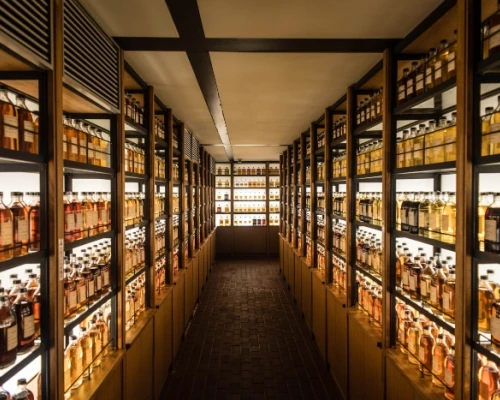But it's nothing to worry about. We only use them to understand how you use our site and to improve your experience.
- Necessary cookies help make a website usable by enabling basic functions like page navigation and access to secure areas of the website. The website cannot function properly without these cookies.
- Awin1Learn more about this providerak_bmscThis cookie is used to distinguish between humans and bots. This is beneficial for the website, in order to make valid reports on the use of their website.
- Google2Learn more about this provider
Some of the data collected by this provider is for the purposes of personalization and measuring advertising effectiveness.
ar_debugChecks whether a technical debugger-cookie is present.test_cookieUsed to check if the user's browser supports cookies. - Zoho2Learn more about this providerzfccnEnsures visitor browsing-security by preventing cross-site request forgery. This cookie is essential for the security of the website and visitor.zpssr#Pending
- Zoho Corporation1Learn more about this providerJSESSIONIDPreserves users states across page requests.
- ss.rabbies.com
consent.cookiebot.com2CookieConsent [x2]Stores the user's cookie consent state for the current domain - www.rabbies.com1XSRF-TOKENEnsures visitor browsing-security by preventing cross-site request forgery. This cookie is essential for the security of the website and visitor.
- Awin
- Preference cookies enable a website to remember information that changes the way the website behaves or looks, like your preferred language or the region that you are in.
- Zoho1Learn more about this providerLS_CSRF_TOKENIdentifies the visitor across devices and visits, in order to optimize the chat-box function on the website.
- Zoho
- Statistic cookies help website owners to understand how visitors interact with websites by collecting and reporting information anonymously. Aggregated information such as age, gender, and interests may also be collected anonymously if you are signed into your Google account and have Ads Personalisation switched on.
- Google2Learn more about this provider
Some of the data collected by this provider is for the purposes of personalization and measuring advertising effectiveness.
_gaUsed to send data to Google Analytics about the visitor's device and behavior. Tracks the visitor across devices and marketing channels._ga_#Used to send data to Google Analytics about the visitor's device and behavior. Tracks the visitor across devices and marketing channels. - Sleeknote2Learn more about this providersn_global_countdown_last_reset_timestampSets a timestamp for when the visitor entered the website. This is used for analytical purposes on the website.SNSSets a unique ID for the session. This allows the website to obtain data on visitor behaviour for statistical purposes.
- Zoho7Learn more about this providerzps-ft-detailsCollects data on the user’s navigation and behavior on the website. This is used to compile statistical reports and heatmaps for the website owner.zps-ft-pghitType-detailsCollects data on the user’s navigation and behavior on the website. This is used to compile statistical reports and heatmaps for the website owner.webformvisitor_#Registers data on visitors' website-behaviour. This is used for internal analysis and website optimization.zabHMBucketCollects data on the user’s navigation and behavior on the website. This is used to compile statistical reports and heatmaps for the website owner.zft-sdcCollects data on the user’s navigation and behavior on the website. This is used to compile statistical reports and heatmaps for the website owner.zsc#Registers data on visitors' website-behaviour. This is used for internal analysis and website optimization.zabUserIdCollects data on the user’s navigation and behavior on the website. This is used to compile statistical reports and heatmaps for the website owner.
- campaigns.zoho.eu
ma.zoho.eu3ZCAMPAIGN_CSRF_TOKEN [x3]This cookie is used to distinguish between humans and bots. This is beneficial for the website, in order to make valid reports on the use of their website. - rabbies.com1FPGSIDRegisters statistical data on users' behaviour on the website. Used for internal analytics by the website operator.
- static.zohocdn.com3ps_payloadSeqId [x2]This cookie is used by the website’s operator in context with multi-variate testing. This is a tool used to combine or change content on the website. This allows the website to find the best variation/edition of the site.payloadQueueThis cookie is used by the website’s operator in context with multi-variate testing. This is a tool used to combine or change content on the website. This allows the website to find the best variation/edition of the site.
- Google
- Marketing cookies are used to track visitors across websites. The intention is to display ads that are relevant and engaging for the individual user and thereby more valuable for publishers and third party advertisers.
- Meta Platforms, Inc.4Learn more about this providerlastExternalReferrerDetects how the user reached the website by registering their last URL-address.lastExternalReferrerTimeDetects how the user reached the website by registering their last URL-address.log/errorUsed to detect and log potential tracking errors._fbpUsed by Facebook to deliver a series of advertisement products such as real time bidding from third party advertisers.
- Google7Learn more about this provider
Some of the data collected by this provider is for the purposes of personalization and measuring advertising effectiveness.
activity;register_conversion=#;#=#PendingIDEUsed by Google DoubleClick to register and report the website user's actions after viewing or clicking one of the advertiser's ads with the purpose of measuring the efficacy of an ad and to present targeted ads to the user.pagead/1p-conversion/#/Tracks the conversion rate between the user and the advertisement banners on the website - This serves to optimise the relevance of the advertisements on the website.pagead/1p-user-list/#Tracks if the user has shown interest in specific products or events across multiple websites and detects how the user navigates between sites. This is used for measurement of advertisement efforts and facilitates payment of referral-fees between websites.ddm/activity/src=#Pending_gcl_auUsed to measure the efficiency of the website’s advertisement efforts, by collecting data on the conversion rate of the website’s ads across multiple websites._gcl_lsTracks the conversion rate between the user and the advertisement banners on the website - This serves to optimise the relevance of the advertisements on the website. - Microsoft7Learn more about this provider_uetsidUsed to track visitors on multiple websites, in order to present relevant advertisement based on the visitor's preferences._uetsid_expContains the expiry-date for the cookie with corresponding name._uetvidUsed to track visitors on multiple websites, in order to present relevant advertisement based on the visitor's preferences._uetvid_expContains the expiry-date for the cookie with corresponding name.MUIDUsed widely by Microsoft as a unique user ID. The cookie enables user tracking by synchronising the ID across many Microsoft domains._uetsidCollects data on visitor behaviour from multiple websites, in order to present more relevant advertisement - This also allows the website to limit the number of times that they are shown the same advertisement._uetvidUsed to track visitors on multiple websites, in order to present relevant advertisement based on the visitor's preferences.
- Sleeknote3Learn more about this provider_sn_aImplements pop-up advertisement on the website._sn_mImplements pop-up advertisement on the website._sn_nImplements pop-up advertisement on the website.
- StackAdapt9Learn more about this providersa-user-id [x2]Used to track visitors on multiple websites, in order to present relevant advertisement based on the visitor's preferences.sa-user-idUsed to track visitors on multiple websites, in order to present relevant advertisement based on the visitor's preferences.sa-user-id-v2Used to track visitors on multiple websites, in order to present relevant advertisement based on the visitor's preferences.sa-user-id-v2 [x2]Used to track visitors on multiple websites, in order to present relevant advertisement based on the visitor's preferences.sa-user-id-v3 [x2]Collects data on the user across websites - This data is used to make advertisement more relevant.sa-user-id-v3Collects data on the user across websites - This data is used to make advertisement more relevant.
- Zoho2Learn more about this providerzps-tgr-dtsDetermines whether the user is assigned to a specific content-experiment to optimize website content and advertisement efforts.uesignSets a unique ID for the specific user. This allows the website to target the user with relevant offers through its chat functionality.
- lantern.roeye.com1track.phpCollects data on the user across websites - This data is used to make advertisement more relevant.
- static.zohocdn.com1tabUidUsed in context with behavioral tracking by the website. The cookie registers the user’s behavior and navigation across multiple websites and ensures that no tracking errors occur when the user has multiple browser-tabs open.
- Meta Platforms, Inc.
- Unclassified cookies are cookies that we are in the process of classifying, together with the providers of individual cookies.
- Google1Learn more about this provider
Some of the data collected by this provider is for the purposes of personalization and measuring advertising effectiveness.
AwinChannelCookiePending - Sleeknote1Learn more about this providerl:https://#Pending
- Zoho5Learn more about this providerzpsfa_7igyGwKPendingzpsfa_fq7Z9w6Pendingzpsfa_mCmSsc1Pendingzpspolls_#PendingzpsPollsBucketPending
- campaigns.zoho.eu
ma.zoho.eu6zalb_# [x6]Pending - js.zohocdn.com1siq_embedPending
- lantern.roeyecdn.com1lanternPending
- roeye.com1#_lanternPending
- static.zohocdn.com12zsd [x2]Pendingzsd0123456789012zsrv0.# [x2]Pendingzsr4dvPtVq [x2]PendingzsrDNwc3sl [x2]PendingzsrOTa50jx [x2]Pendingzsrqu6W8Q7 [x2]Pending
- www.rabbies.com2algolia-client-js-5.42.0-XWYT2UXEQ3Pendingstatamic_sessionPending
- Google
Cookies are small text files which are downloaded to your device when you visit a website.
These cookies are recognised by the originating website on each visit thereafter, or by another website that recognises the cookie.
Cookies are useful in many ways – they remember your preferences, let you navigate between pages efficiently, and they ensure that any adverts you see online are relevant to you and your interests. They also allow a website to recognise which device you are using and to continually improve your website experience.
The law states that we can store cookies on your device if they are strictly necessary for the operation of this site. For all other types of cookies, we need your permission.
This site uses different types of cookies. Some cookies are placed by third party services that appear on our pages.

